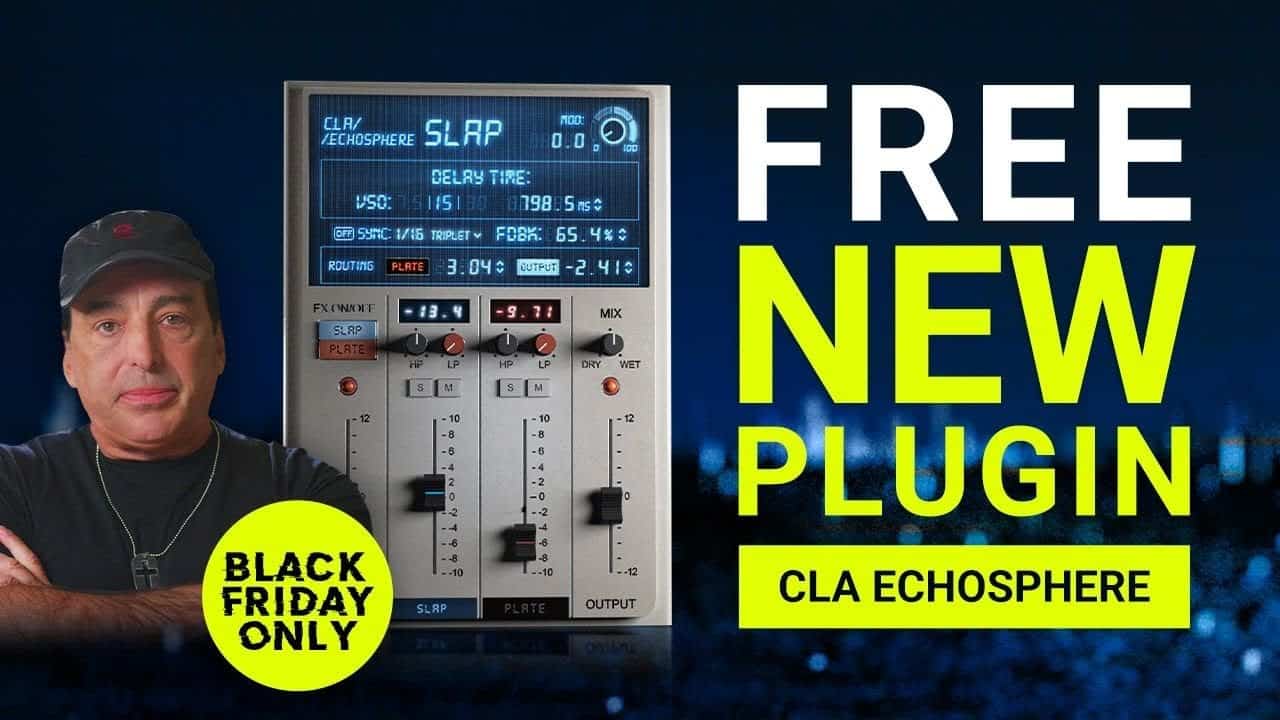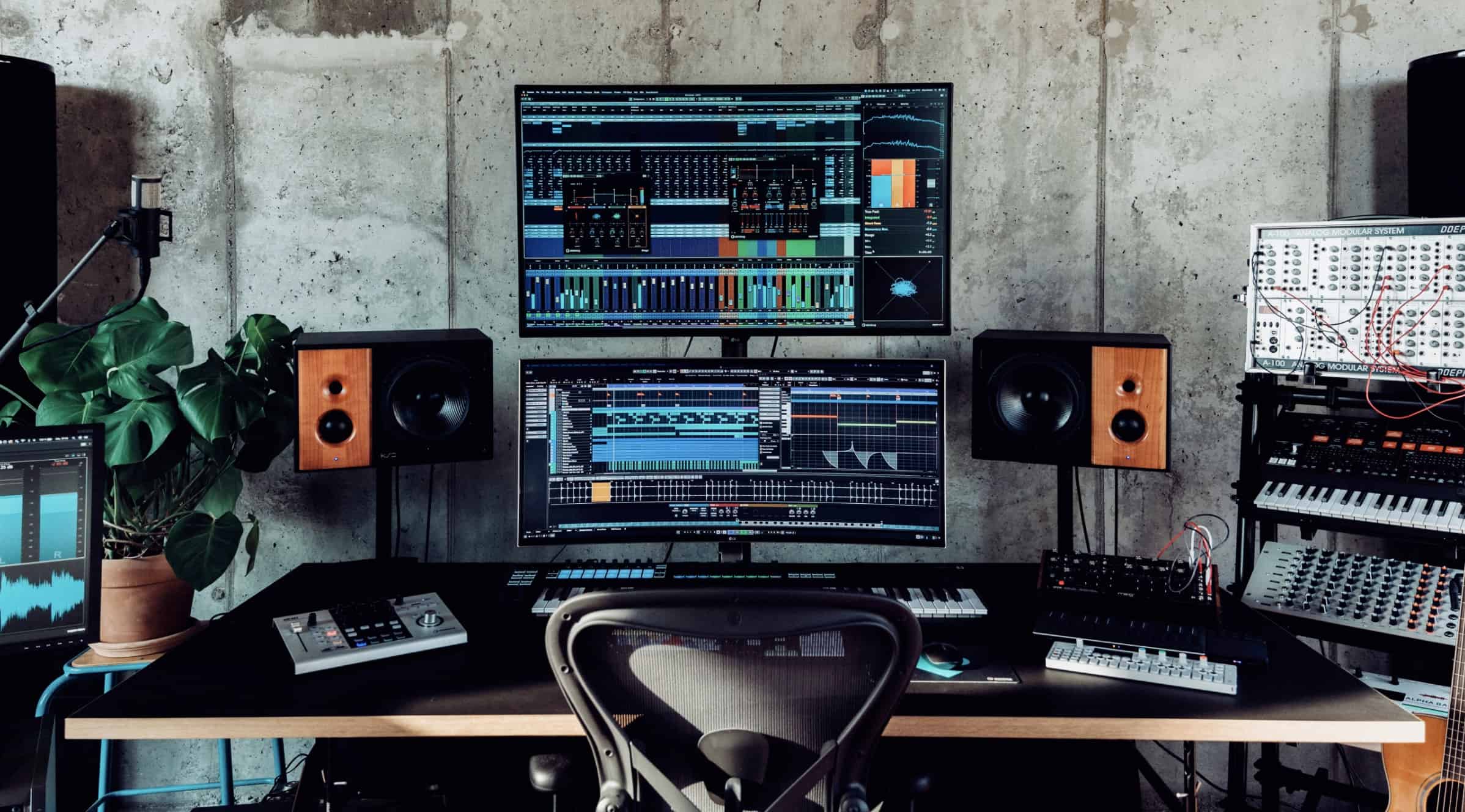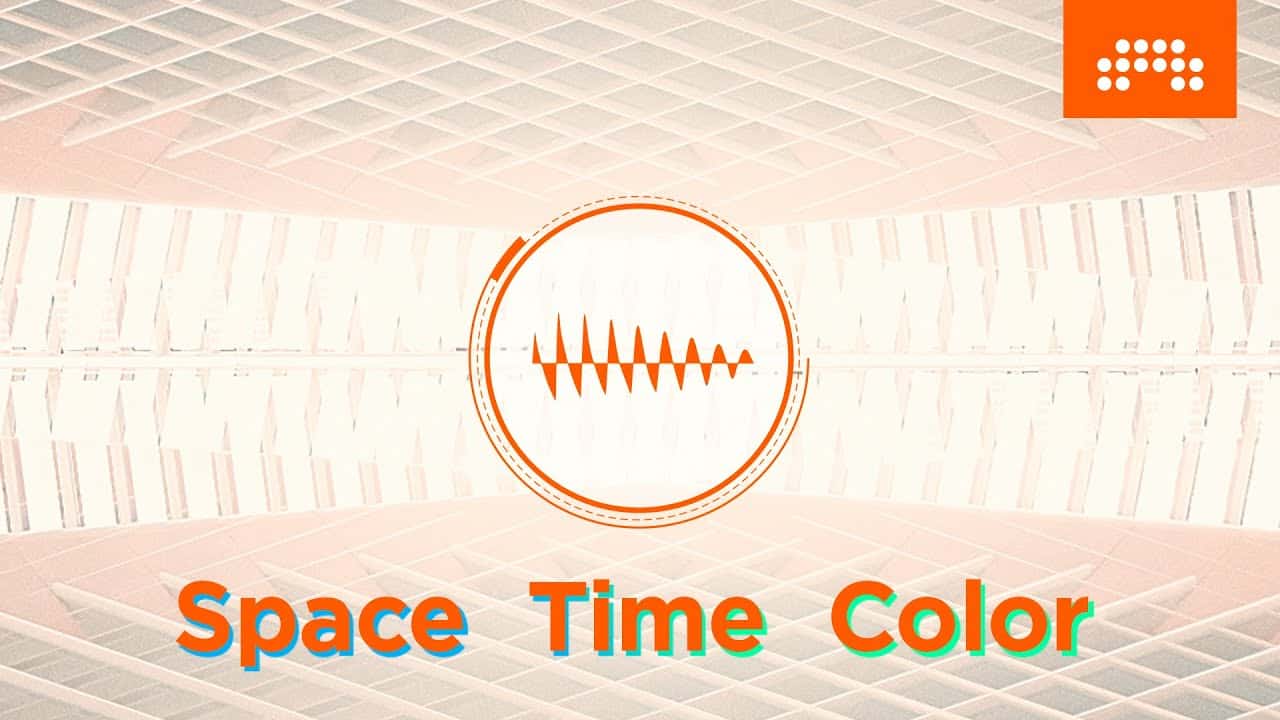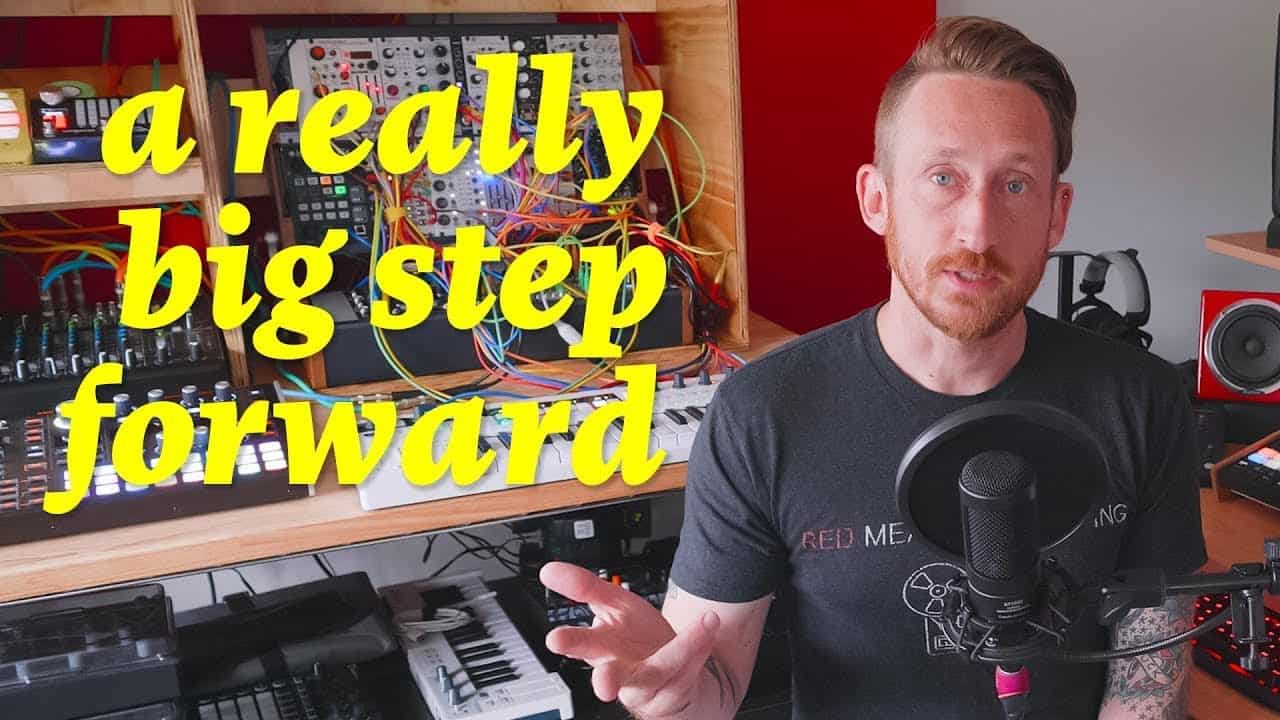Bitwig Studio 3.3 is Out
Just as real instruments offer expression without distraction, Bitwig Studio 3.3 aims to extend and focus the musician’s workflow. For professional sound design, a hybrid modular synthesizer. For permanent access to scenes and markers, a new project Sections page. For cleaner editing, free content scaling and transient-preserving behaviors. Oh, and a world of wavetable.
Bitwig Studio 3.3 Updates
- Polymer: The hybrid modular synthesizer built to be fun and quick
- Polymerics: A new sound package with 200 presets, exploring the vast sonic terrain that Polymer has opened
- A world of wavetable in The Grid and Polymer including a new package with 139 wavetables
- The new Sections Page gives you permanent access to scenes and markers
- For cleaner editing: Free content scaling for audio and notes, improved handling of fades and Clip boundaries, and transient-preserving behaviors
- New modulators, new modulation routing curves
- And lots more.
Pricing and Availability
Bitwig Studio 3.3 is a free upgrade for everyone with an active Upgrade Plan. Now’s a great time to upgrade and renew your Bitwig Studio license. Limited offer is valid until January 10, 2021.










